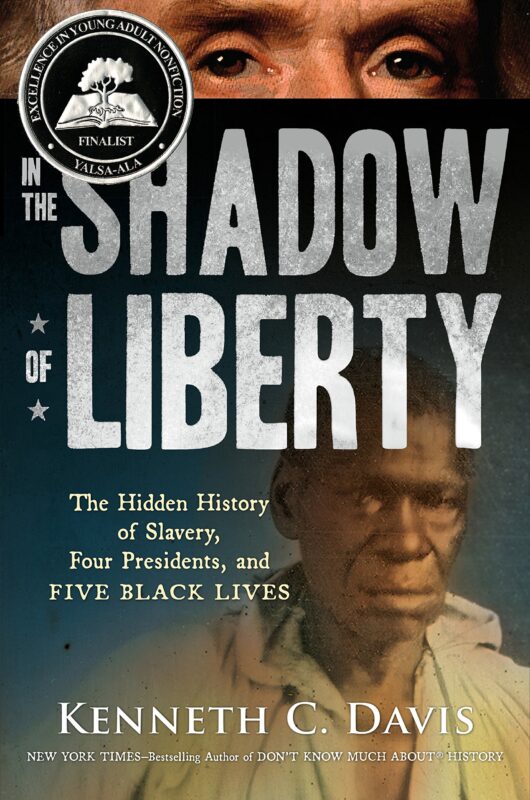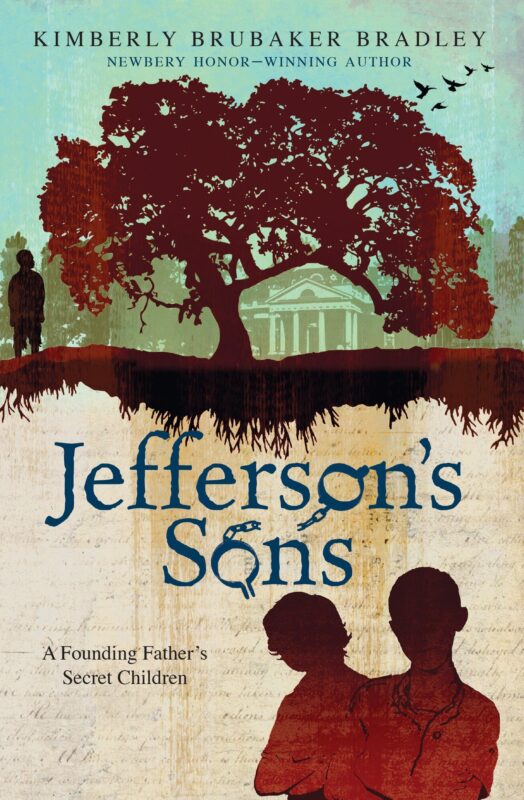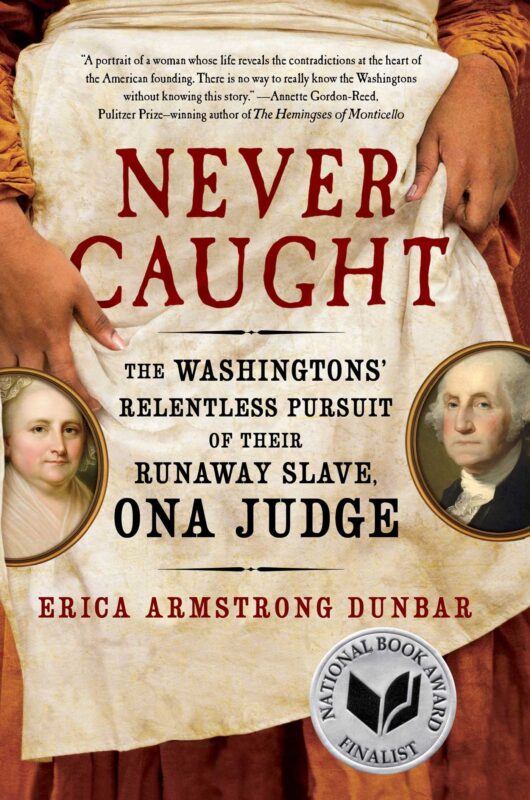In the Shadow of Liberty
Series: Blog Post Topics, Books Discussing Slavery in America
Genre: Historical Nonfiction - Middle Grade
This book traces the stories of the enslaved Africans who were owned by four of our founding fathers – George Washington, Thomas Jefferson, James Madison, and Andrew Jackson. I really enjoyed the stories in this book. Davis brings humanity to the people who surrounded our founding fathers. He includes fantastic details within those stories that really remove the barriers surrounding those men. Did you know that Dolly Madison didn’t really save George Washington’s painting (which was a replica anyway)? A White House slave named Paul Jennings is that forgotten hero of that story. He would go on to be a co-conspirator in an attempted slave rebellion in the nation’s capital.
There are dozens of stories like this in Davis’s book. They really caused me to reframe my understanding of the United States at that moment in history. Each story could be combined with any general discussion of the founding fathers.
More info →Jefferson’s Sons: A Founding Father’s Secret Children
Series: Blog Post Topics, Books Discussing Slavery in America
Genre: Historical Fiction - Middle Grade
This book focuses on the children that resulted from the relationship* between Sally Hemings and Thomas Jefferson. It most specifically tells the story of two of those children – Madison and Beverly.
I absolutely loved this book. It’s a really good story, even though it doesn’t have much of a plot. I found myself picking up the book when I had a spare moment, even though it’s really a book for middle-grade children. By focusing on the children of Sally Hemings, it tells a story of slavery that discusses the unfairness of slavery, and the sadness of slavery, without exposing the horrifying brutality that slavery was for most. The author shows how the Jefferson children were treated differently than most other slaves at Monticello. It talks about a whipping at Monticello, a friend who was sold away, and about how some of the Jefferson children could “pass,” and some couldn’t. It’s really a story about a family, and how they dealt with the situation that had been handed to them by the color of their skin and their biological father.
Given that the author had to rely on a topic that was covered very little by official historical documents, the book really needs to be considered historical fiction. Still, I think the author created a very plausible narrative and an engaging story.
*(I recognize that many struggle with the idea of Hemings and Jefferson as a relationship. For the purposes of the term here, Jefferson did father her children. We don’t know what form that relationship took, and the book makes the assumption that Hemings had some agency. I think the book acceptably covers the topic at a middle-grade level.)
More info →Never Caught: The Washingtons’ Relentless Pursuit of Their Runaway Slave, Ona Judge
Series: Blog Post Topics, Books Discussing Slavery in America
Genre: Historical Nonfiction - Adult
This is a true story of Ona Judge, a slave of George and Martha Washington, who ran away from them while living in Philadelphia. As the title indicates, Judge was never caught, and she never returned to slavery.
This book combined several narratives in order to paint as clear a picture as possible of Ona Judge’s life. Her story is centered within the lives of the Washington family, and within the time period in general. Dunbar engaged in speculative writing in order to attempt to create a clear vision of what Judge’s life may have been like post enslavement. What I like best about this story was the agency demonstrated by Dunbar in her escape, and the help she received from the free black community.
Historians are often criticized for writing history with a narrative voice, and they are criticized for writing history with a more clinical and dispassionate voice. Dunbar combined both of those styles in this book, and I would argue that it made the story more appealing and compelling.
This book is best suited for high school students, as it deals with the issues of agency and sex more directly. Still, the writing makes the book engaging enough for a student who might also love historical fiction.
More info →




